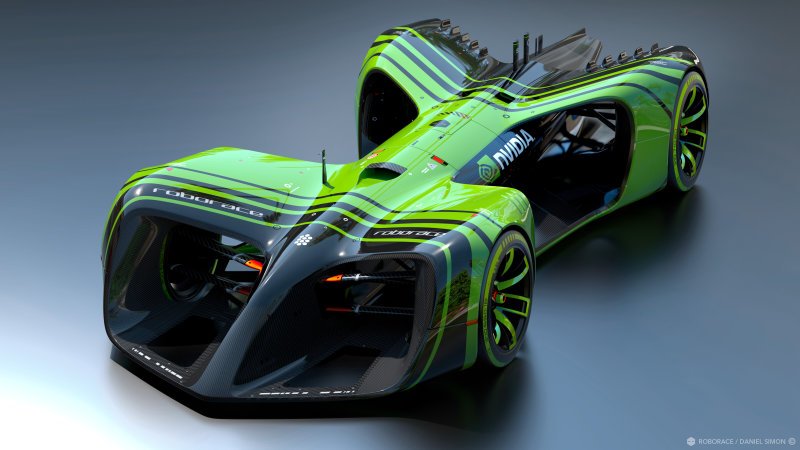Self-Driving Races Will Be Won Or Lost By Software Engineers

The Silicon Valley-based company announced Tuesday its Drive PX 2 supercomputing platform will serve as the brains behind the self-driving cars used in the inaugural RoboRace series that's slated to begin later this year. Nvidia made the announcement at its GPU Technology Conference in San Jose, California.
Nividia unveiled the PX 2 platform at CES earlier this year, and touts it as the world's first in-car artificial intelligence super computer. Volvo recently selected it to govern its autonomous "Drive Me" experiment, which begins next year in Gothenburg, Sweden. The PX 2 has the computing power of 150 MacBook Pros and is about the size of a lunchbox.
The RoboRace series, affiliated with Formula E, is the first devoted to racing autonomous, electrically powered cars. Ten teams will each use two driverless cars that will compete in one-hour races over the first full season. The cars weigh about 2,200 pounds and are designed by Daniel Simon. Powered by the PX 2, the cars are exactly the same. Their sole advantage, says Danny Shapiro, senior director of Nvidia's automotive business, is software.
"This moves the race from the mechanical side, and the massive budgets and teams, to software," he said. "They'll be developing their own algorithms, training on neural nets, and putting the cars on the road."
Related News


